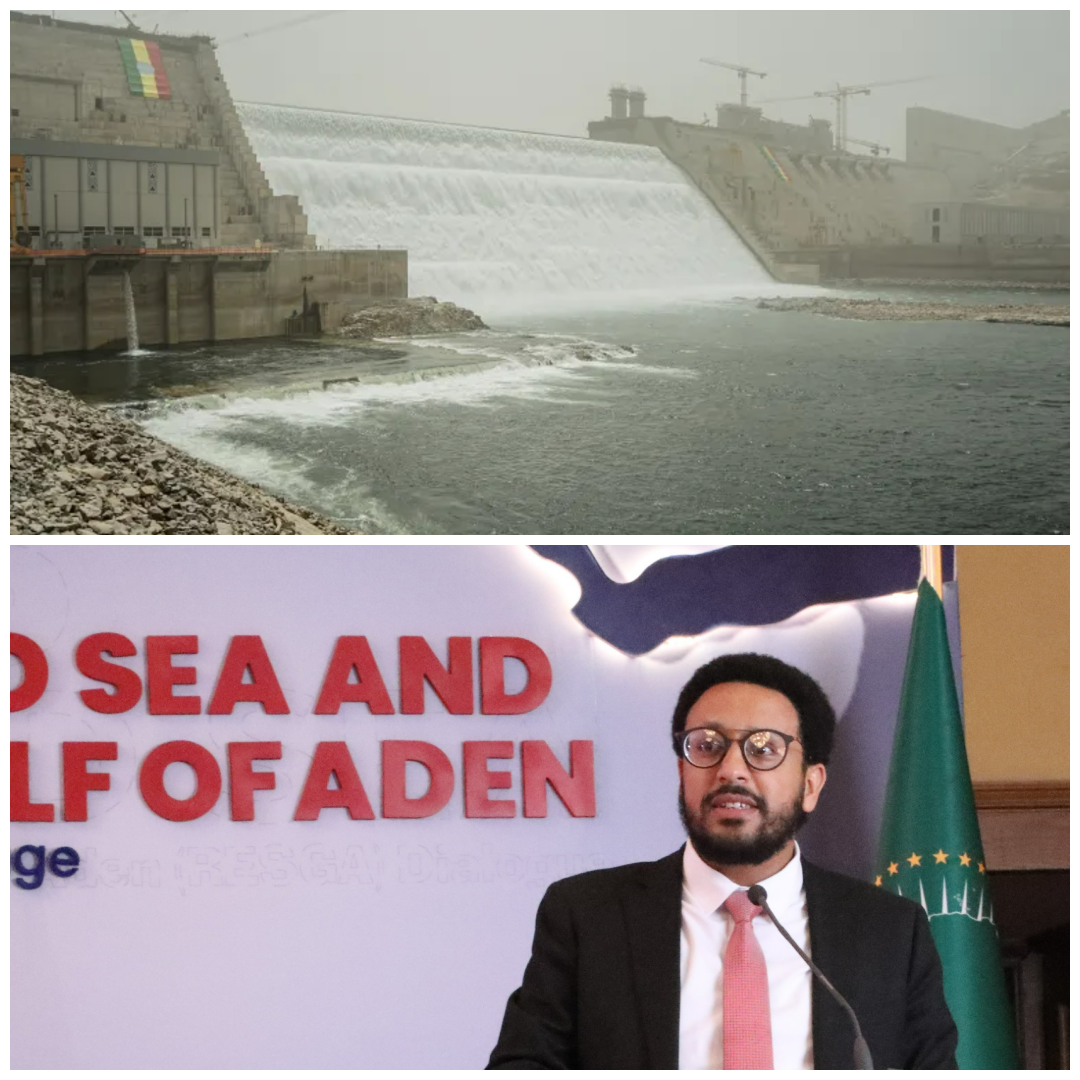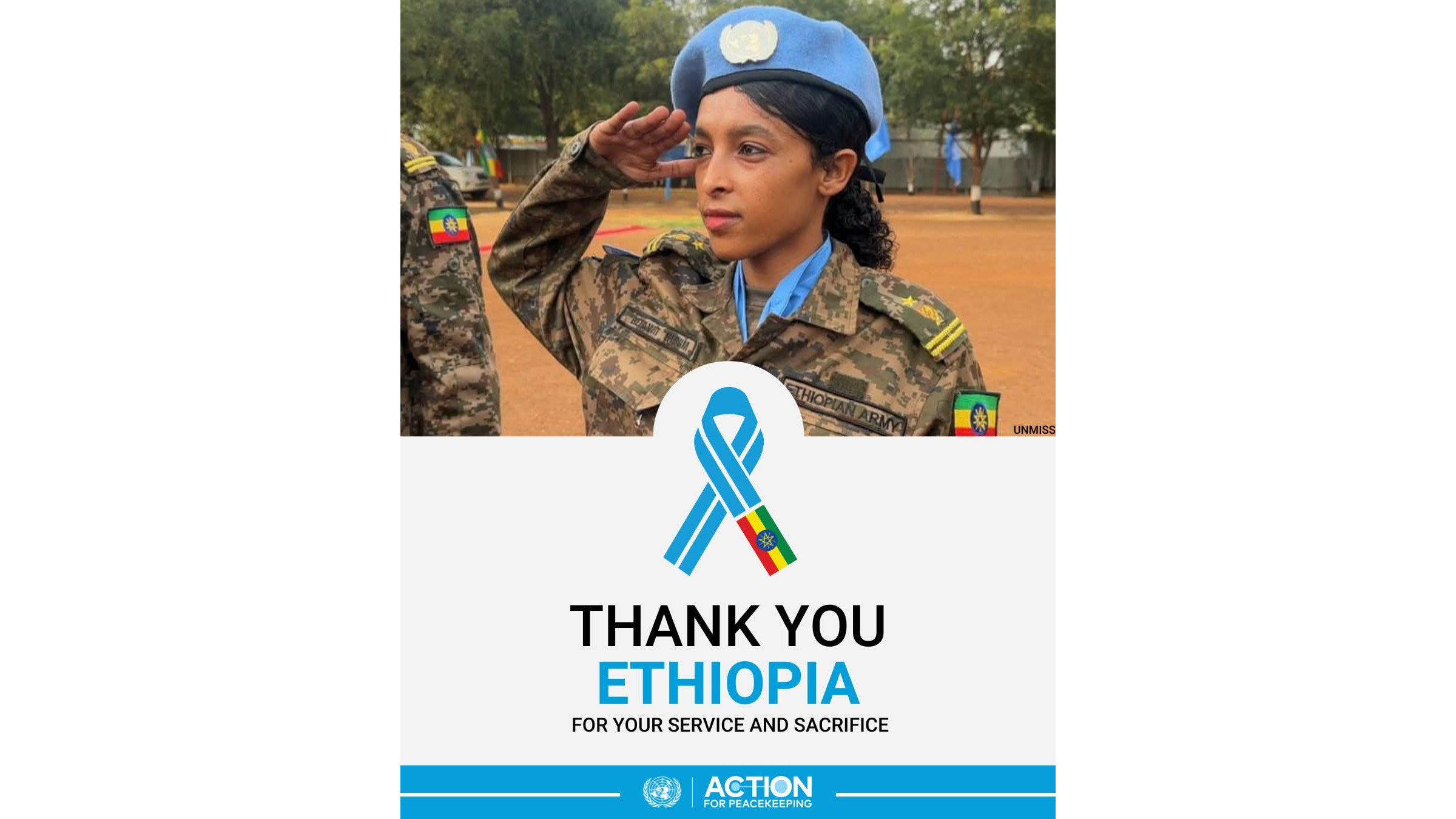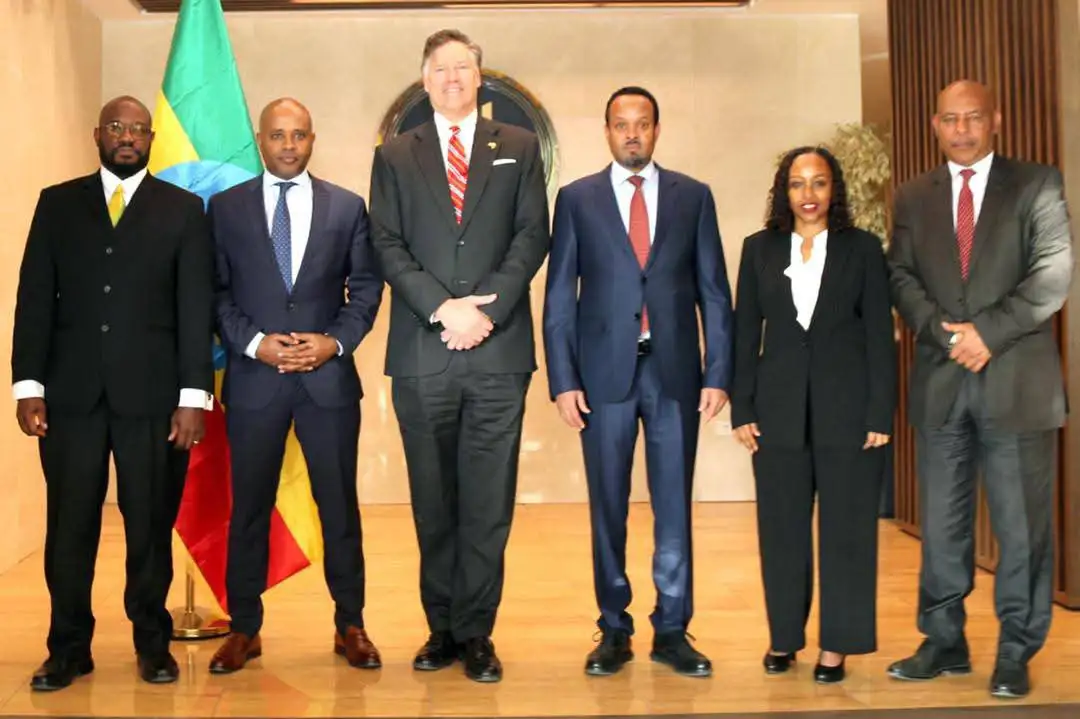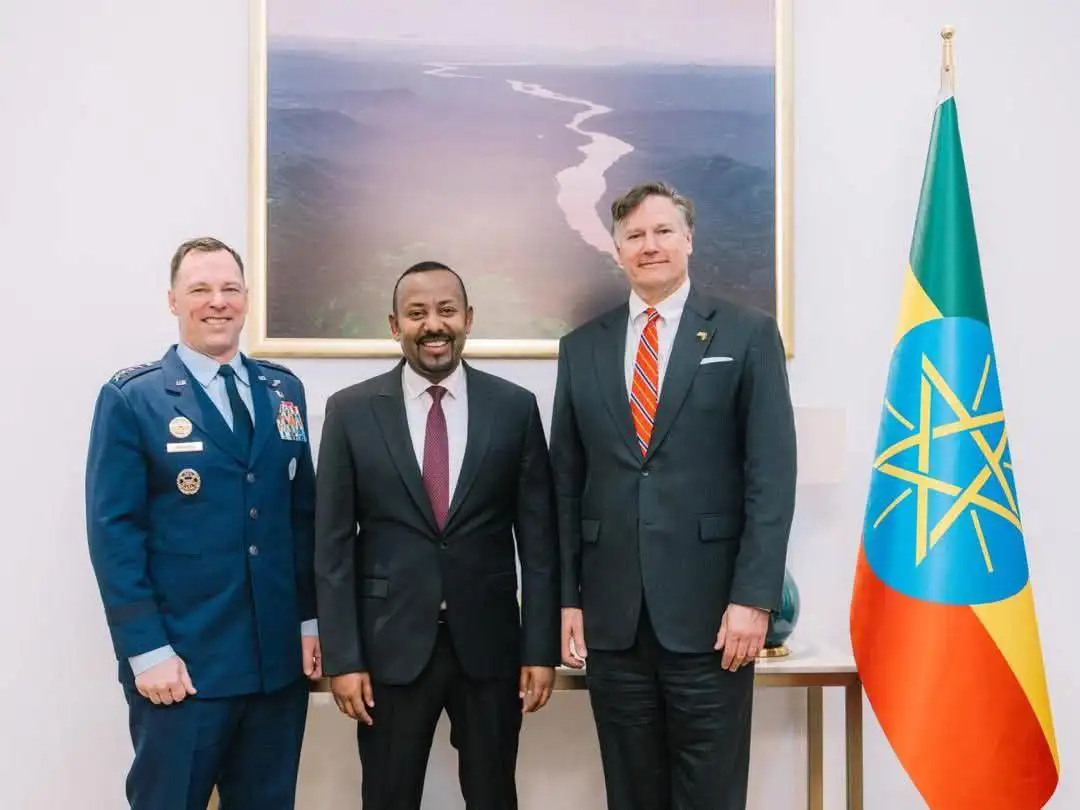Ethiopia is poised to inaugurate the Grand Ethiopian Renaissance Dam (GERD) in a matter of weeks, a monumental project that has been entirely self-funded by the Ethiopian people and government. As the nation prepares to mark this historic achievement, Jafar Bedru Geletu, Executive Director of the Institute of Foreign Affairs, has penned a compelling piece on Al Jazeera, offering the Ethiopian perspective on the dam and calling for a fundamental shift in how the Nile's waters are managed.
The GERD, Africa's largest hydroelectric dam, represents a decade-long national endeavor, costing nearly $5 billion without international financing. Located on the Abay River, known globally as the Blue Nile, the dam is seen by Ethiopia as its "national ticket out of darkness and poverty." Ethiopia, from whose highlands 86% of the Nile's waters originate, aims to utilize this vital resource to electrify a nation where 55% of its 130 million people currently lack access to electricity. The dam is projected to double Ethiopia's energy output, generating 5,150 megawatts of electricity and significantly boosting industrialization, urban development, and regional energy exports.
In his Al Jazeera piece, Jafar directly addresses the concerns raised by some downstream countries, particularly Egypt, arguing that their objections are rooted in "an anachronistic adherence to colonial-era water-sharing agreements." He highlights the 1929 and 1959 treaties, which allocated the Nile's waters without Ethiopia's inclusion, asserting that such arrangements are "unacceptable" to Ethiopia.
"As I see it, while the world's attention has occasionally turned to the GERD, the Ethiopian perspective has often been lost in translation," Jafar states in his article. He emphasizes that the GERD is engineered to generate electricity, a process that inherently ensures the continuous flow of water downstream. "I believe it's crucial to understand that the GERD is designed to generate electricity, a process that inherently requires water to flow downstream after passing through its massive turbines. The dam does not block or stop the river's flow. In fact, doing so would render electricity generation impossible, defeating its very purpose."
Jafar passionately advocates for a new, cooperative framework for the Nile, one that respects the developmental aspirations of all riparian nations. "I argue that Ethiopian leaders have consistently rebuffed any arrangements based on colonial impositions in which Ethiopia had no voice." He points to the Nile Basin Cooperative Framework Agreement as a contemporary, African-led solution already signed and ratified by several riparian countries, including Burundi, Rwanda, Tanzania, Uganda, and South Sudan.
"It is my firm conviction that it is time for Egypt to move beyond the echoes of a colonial past and join its fellow Nile riparian countries in a shared endeavor to promote the fair and equitable use of this vital resource, ensuring its sustainability for generations to come," Jafar concludes.
As the inauguration of the GERD draws near, Jafar's insights underscore Ethiopia's determination to harness its natural resources for national development while advocating for a collaborative and equitable future for the entire Nile Basin.




